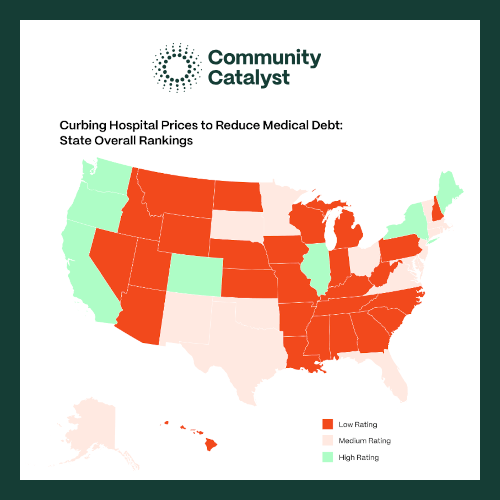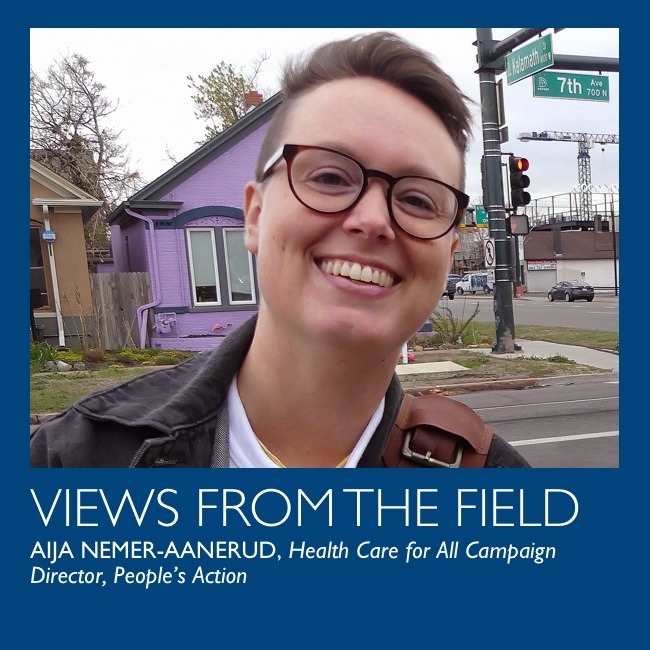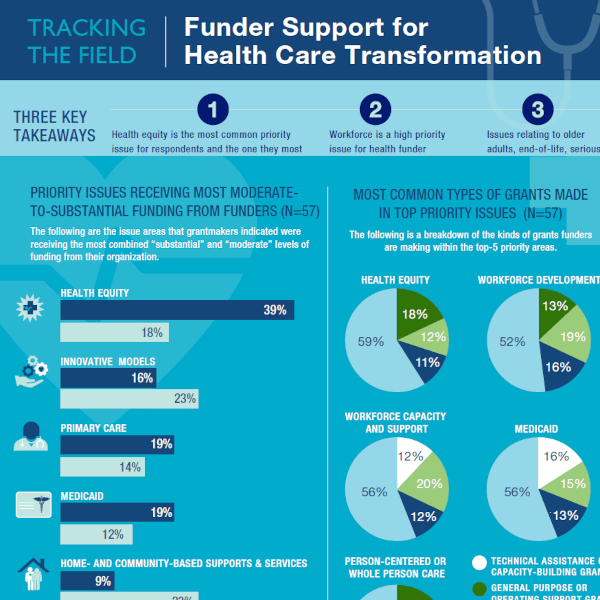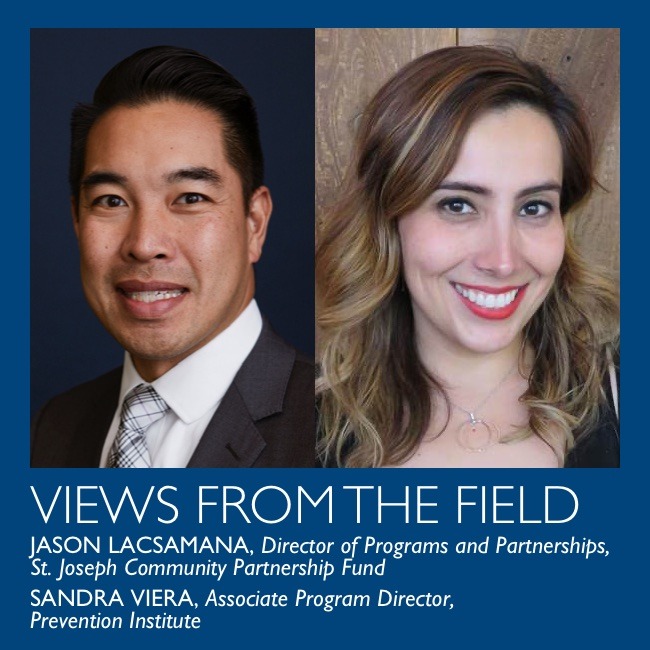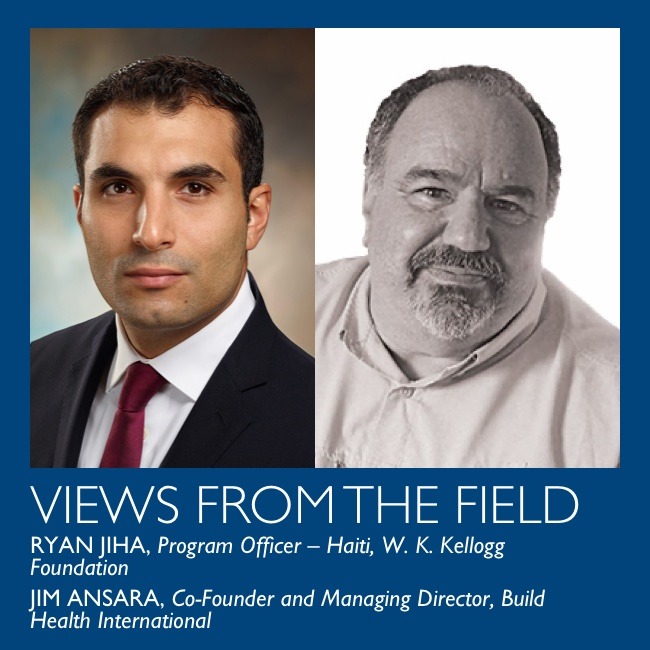The Commonwealth Fund: August 2024
The 2024 State Scorecard on Women’s Reproductive Health has been released based on the most recent data to assess how well the health care system is working for women in every U.S. state. It measures performance by 32 different metrics across three areas: health outcomes; health care quality and prevention; and coverage, access, and affordability.
A Compendium of State Policies to Curb Hospital Prices and Reduce Medical Debt
Health care in the United States is the most expensive in the world by far and the reason is simple – health care providers keep increasing the prices of services. Hospitals, which represent the largest component of health care spending, have an outsized influence on medical debt in their communities through their policies and behavior.
As More Americans Gain Health Care Coverage, Advocates Fight for Higher-Quality Insurance
People’s Action and our allies fought hard to win health care for millions through the Affordable Care Act and Medicaid expansion. 91 percent of Americans now have health insurance, even though there is still work to do to ensure everyone can get coverage, particularly immigrants and those living in holdout non-expansion states.
Funder Support for Health Care Transformation
This infographic summarizes the responses to a Grantmakers In Health funder poll, conducted October 2022, on how philanthropy is supporting health care transformation efforts, especially those concerned with improving quality of life, coordinating complex care, and taking patient preferences into account.
Advancing State Data Collection on Opioid Treatment
This webinar learned about a national initiative launched by the Pew Charitable Trusts that offers states a core set of metrics to track opioid treatment access and use. Presenters described how better data collection can target critically needed progress and discuss the role philanthropy can play in these efforts.
Caring for Our Health Care Workforce: Challenges and Opportunities for Philanthropy
This webinar helped participants to better understand the landscape of health care workforce needs, discuss the strategies that attendees are currently engaged in, and highlight the ways philanthropy can build on existing state and federal efforts to ensure a comprehensive response.
Trends in Routine Vaccination and Preventive Services for Children
A robust conversation was held on evidence to date about missed immunizations and well-child visits, gaps in data, and implications for children’s health and public health.
Building an Integrated Behavioral Health Workforce for Children and Families
Participants explored multi-year initiatives that build the capacity of community health centers to deliver high-quality, evidence-informed, trauma-responsive, integrated behavioral health care to children and adolescents.


